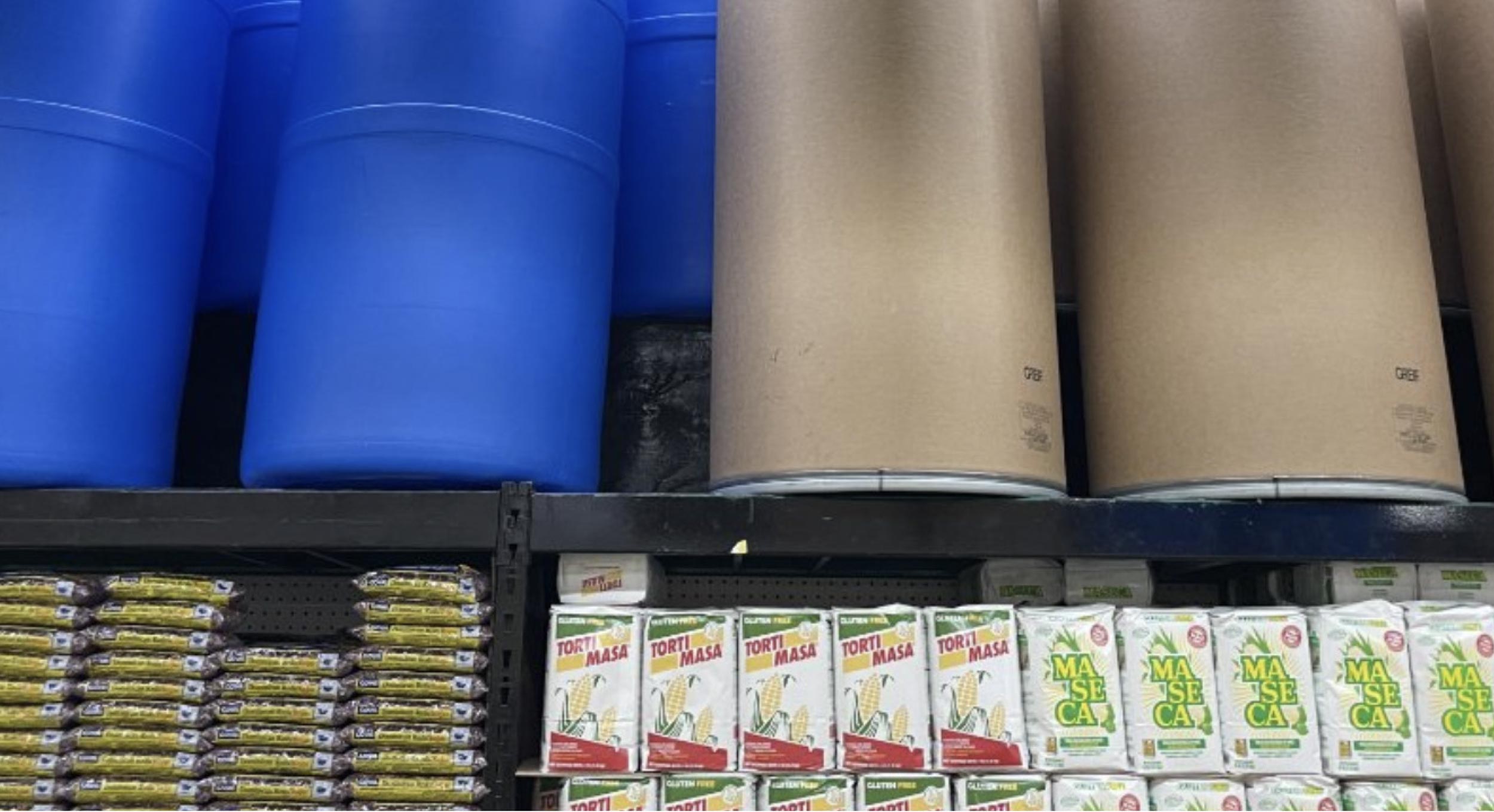JAMAICA
Censuses since the late nineteenth century show increasing numbers of foreign-born persons but, at the same time, a declining trend of foreign born as a percentage of Jamaica’s total population. There was a trend of increasing voluntary return of former Jamaican nationals or residents since the 1950s. Trafficking in persons to, from and within Jamaica also became evident as an aspect of migration in the 1990s. Adults and children who are trafficked are subjected to various forms of exploitation. The national economy has, in recent decades, been supported by the inflow of migrant remittances. According to the International Monetary Fund (IMF), Jamaica is among the top countries in terms of receipt of remittances from its diaspora. Remittance inflows contributed 16.1 per cent to the national GDP in 2015. The remittance is largely used for purchasing food and other household expenses.
The food system in Kingston has become tightly integrated into global food distribution networks. The importance of imported food to the Kingston food system, however, does not overshadow the role of local informal markets and producers as food sources to Kingston residents. The influence of imported food also does not overshadow the unique local cuisine and its importance to Kingston culture. The combination of these local and global forces in shaping Kingston demonstrates the unique and vibrant nature of the urban food system.

Photo by Caidrro on Unsplash


